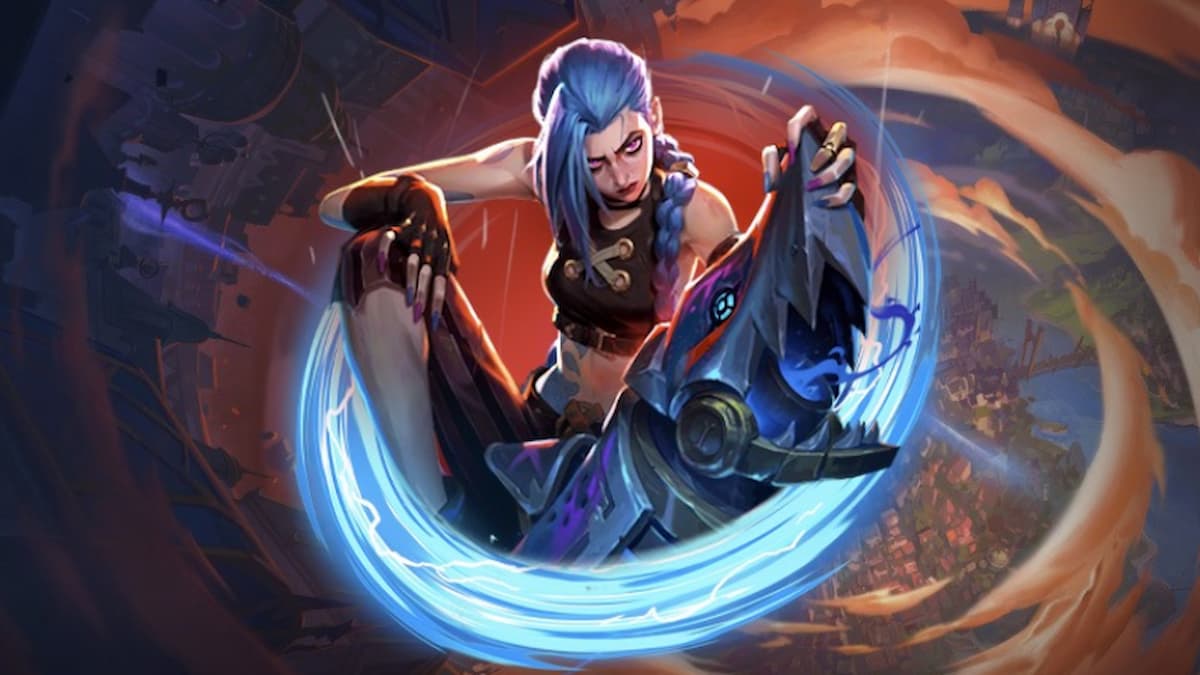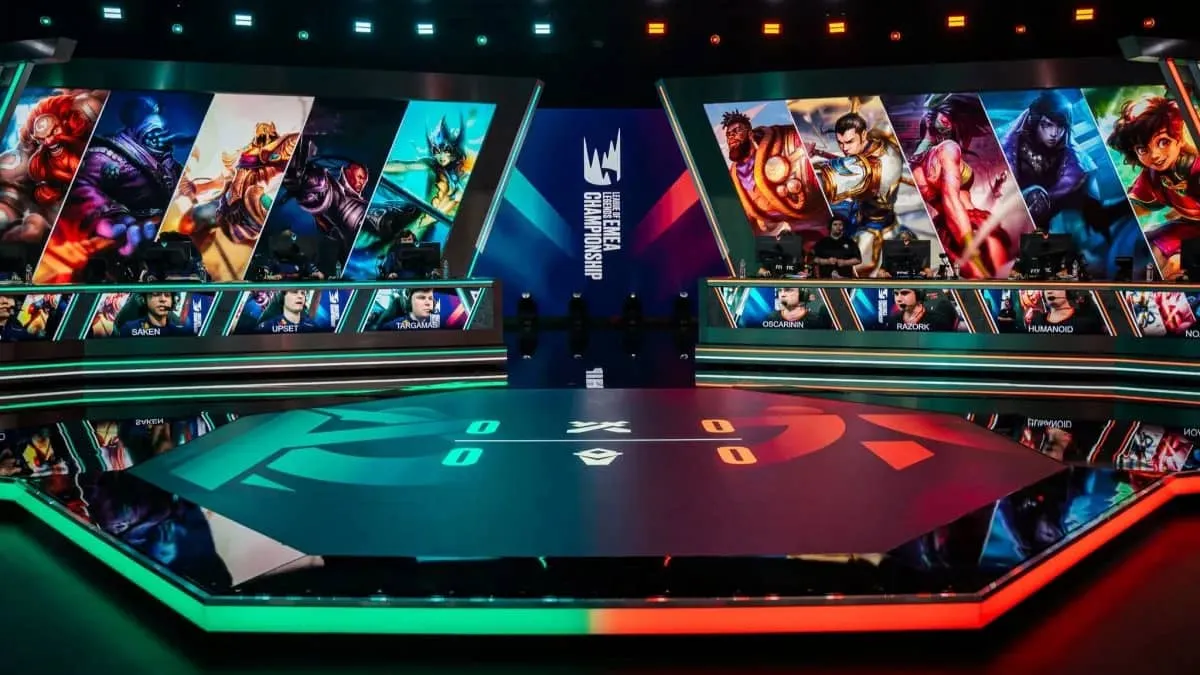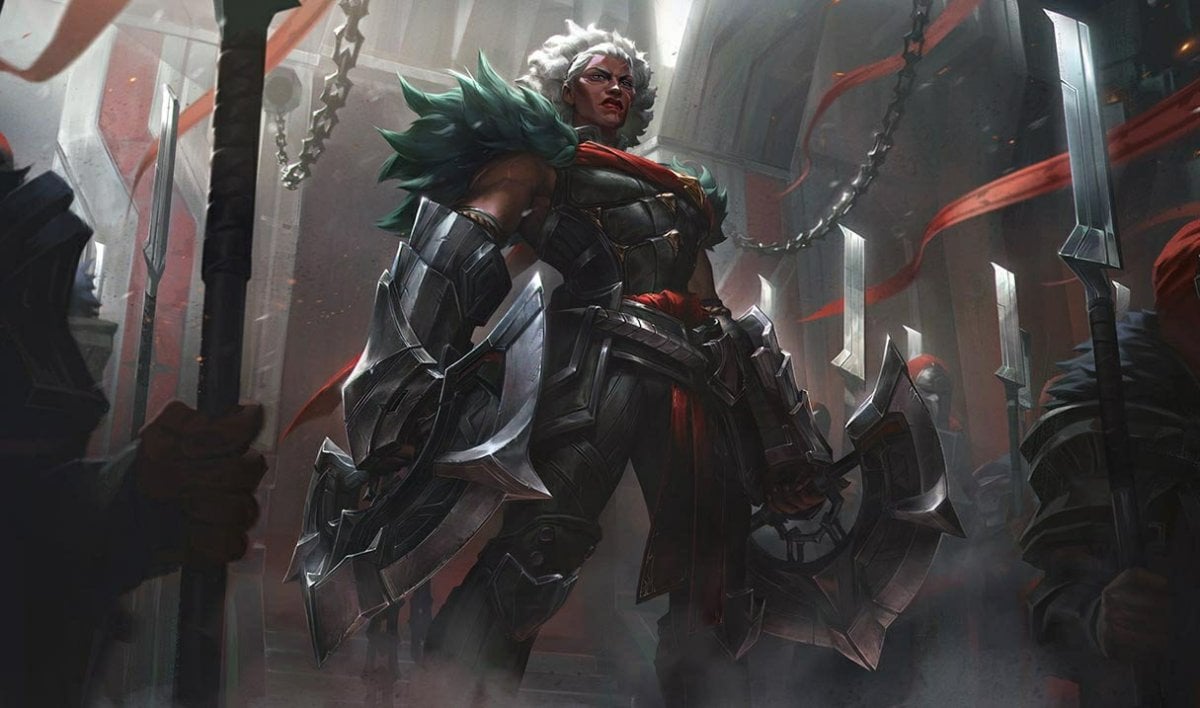
There is an often overlooked factor when it comes to the management, health and even performance of an LCS or Challenger team in League of Legends. Obviously you have to take into account player skill and team synergy inside of the game, but something that doesn’t come up a lot is the mental health of the players. The happiness of a player can come down to many things, however a big factor is the living conditions of the team. I am Josh ‘Howspiffig’ Raven, former European Challenger scene manager, and with the help of Marcel ‘Dexter’ Feldkamp, former Lemondogs and CLG jungler, SK Gaming manager Joe ‘Innerflame’ Elouassi, and former Fnatic coach and LCS jungler Alvar ‘Araneae’ Martin I will be taking a look at the efficiency of gaming houses in the League of Legends professional scene.
The first team in the western League of Legends scene to utilize the gaming house was TSM in North America. Upon hearing about the vastly increased prize pool, owner, captain, and then mid laner Andy ‘Reginald’ Dinh took the bold step of buying his 5 man squad (plus Dyrus) a house to live and train in. The investment paid off, as TSM have gone on to be the most successful team in North American history.
Eventually, every team that wanted to be considered a contender emulated the move and purchased their very own gaming houses, and for a long time this was accepted as the most efficient method that would give your team the biggest chance of success. If your team wasn’t in a gaming house, it was automatically assumed that you didn’t have as much ‘synergy’ as the others.
In season 3, Lemondogs entered the LCS Summer split and took it by storm, finishing top of the regular season standings but falling to Fnatic in the championship game. I reached out to their jungler during that season, Marcel ‘Dexter’ Feldkamp to learn about their living arrangements during their time together.
“In LD we had the perfect practice conditions. We lived in a hotel and met at the studios every morning to practice and then went home again. Obviously a hotel is not an option for the entire split but you kinda get the idea of having separated space and every player has his own. Ask anyone who lives at a place where they tend to work with colleagues and you will in any case get the same answer. Living 24 hours a day together is only alright if you prepare for a major tournament and want to get as much team time as possible (Worlds)”

So this team that dominated Europe for months, and even went on to put up a fairly decent showing at Season 3 Worlds, taking a game off of North American champions TSM, hadn’t been living in a gaming house. Dexter mentions that the only time a team should be spending 24 hours a day together is when preparing for a major tournament. This is similar to what a lot of CounterStrike: Global Offensive (CSGO) teams do. These CSGO teams boot camp together before majors (Large tournaments) while making sure to take some time apart in between.
You can see where Dexter is coming from, no matter how much you like your co-workers, privacy and space is always something that is appreciated, especially in a high pressure environment, such as the LCS. Lemondogs spent their time away from practice at a hotel and managed to succeed for a short period of time, so I went on to ask Dexter if he believed the idea of gaming houses in the LCS was overrated.
“I do think the use of gaming houses where you live and play together is overrated and causes more problems than it does good for the players. Western players should not be held to the same standards as koreans and this whole “If you want to be the best, copy the korean infrastructure” is just bullshit. Just because it works there doesn’t mean it works here in the European and North-american scene. Getting separate apartments and having a space where you come together and then part ways in the evening again is probably the best thing. Sure a gaming house is great and everything if you are winning but no team will reign forever and there will be problems. Most of the players are young and naive and don’t know what they want besides playing the game, and don’t really care about circumstances”
One of the first points Dexter brings up is the constant struggle to keep up with Korea in terms of success at international events. This could very much play a part in the insistence of continuing with the use of full-time gaming houses. Many teams try to emulate the most successful region in-game, so why not out of game? This is something that’s also been true for a while, though Dexter argues that each ‘scene’ needs it’s own adaptations to flourish.
The adaptation Dexter suggests is to have a gaming office rather than a house. Ideally to him, each player has their own separate living space, but go to a centralized location to train. This is the model most regular sports teams use, and having players of mainstream sports in the higher leagues living together is almost unheard of. This is the method I actually agree with, and it’s also a method that has been talked about in the past. I believe SK Gaming, H2K and ROCCAT are currently using a similar system.

SK Gaming manager and Head Coach Joe ‘Innerflame’ Elouassi told me their set up involves 2 apartments of 3 people in each (5 players and a coach), each with their own room, and a training facility 10 minutes away on foot.
“I think it is best if the player knows that he can have privacy. It’s fundamental in being able to live with the people you work with hours on end. It makes it way easier to not let in game issues mix with what happens outside. It also makes it more homely for the players and myself. Most people dislike working from home for extended periods of time. It’s no different here except that work is only a 10 minute walk away.”
This seems closest to what may very well be the most effective use of living conditions and practice conditions in the West. As Innerflame states, giving players privacy and time away from work is vital to keeping them happy.
Former Fnatic coach and SK/Alternate/Millenium jungler Alvar ‘Araneae’ Martin took a different approach when asked about his thoughts.

“ I think that before rushing into a gaming house, a team needs to have the right atmosphere and relationships. Any teams who rush into one without these things tend to fail/disband/constantly swap players. With those 2 things and the correct work environment, a gaming house will be positive for any team”
Rather than making an absolute statement on which kind of living condition is the best, he simply made the case that teams should be focusing on their atmosphere and relationships between players, and if that works well, a gaming house should be just fine. In a way I completely agree, while I am an advocate for separate living spaces it’s hard to ignore the evidence shown elsewhere. Team Solomid for example are known for being a team that gets along in the last couple of seasons, they prefer the full house method and continue to show only success. The same story can be said for Cloud 9, though they have faltered slightly this season, the team that can be described by ‘the power of friendship’ looks to be back on the rise.
Teams often don’t need to publicise their living arrangements, though it’s quite easy to discover which teams do what. This season we’ve seen a small pack break away from the traditional arrangement of living and working in the same space, only the future will tell if these teams have the right idea on how it should be done in the West. Ultimately the team dynamic will always be the key factor in deciding how living arrangements work. Certain teams experimenting with apartments and offices is a step in the right direction, and I wouldn’t be surprised to see that become the norm in seasons to come. For now though, the gaming house reigns supreme.
If you enjoyed this content, follow the author on Twitter – @Howspiffing






Published: Feb 11, 2015 11:15 am